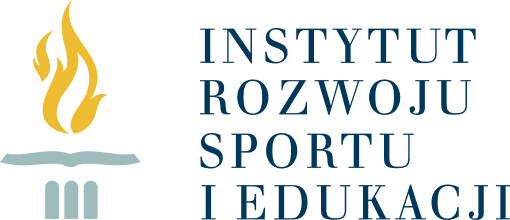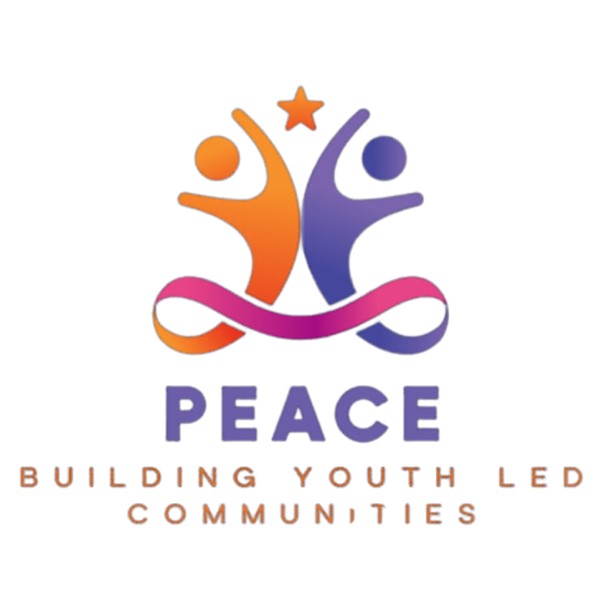Project Title Promoting Equal and Pacific youth-led Communities
Project Acronym P.E.A.C.E.
Programme Erasmus+
Action Type KA210-YOU - Small-scale partnerships in youth
Call 2023
Round Round 1, Field Youth
Project Start Date: 1.09.2023
Project End Date: 28.02.2025
Project Duration: 18 months
Project lump sum 60 000,00 €
Wniosek numer: 2023-1-PL01-KA210-YOU-000161003
Partners:
Instytut Rozwoju Sportu i Edukacji (Poland) – Leader
CrowdAid A.P.S. - Ente del Terzo Settore (Italia)
Action for the civil society (Greece)
The European Union Youth Strategy 2019-2027 underlines how central youth are for the European Union, and how it is necessary to take them into account in decisions and consultations, to give them a real voice, and to suggest innovative solutions needs-based, in order to tackle the obstacles, they face. “Young people should not only be architects of their own lives, but also contribute to positive change in society". The three principles “engage, empower, connect” guide the project design and implementation. According to the call priorities and objectives, the project “P.E.A.C.E. – Building youth-led communities” addresses specifically the EU Youth Goal n. 4, thanks to the planned activities and the expected results. In particular, the project addresses these three points of the EU Youth Strategy 2021-2027 of fostering youth participation in democratic life by bringing 12 European youth together to write a bottom-up set of recommendations; of supporting social engagement, solidarity and cross-border mobility by the realization of four transnational training; of ensuring that youth have the necessary skills and knowledge to fully participate in society. Beside the democratic engagement dimension of the project, “P.E.A.C.E.” brings together the digital dimension in the activities and in its objectives. Online spaces are occupied by European young citizens, but the creation of online safe space in respect of non-discrimination, non-violence, and pacifism is a priority emerged also on the Conference on the Future of Europe platform.
The general objective of the project is to address those issues and challenges and give the opportunities and capabilities to youth to build online and offline safe communities, establishing a relationship with institutions, either through dialogue or recommendations, to be actor of change.
The specific objectives are
a) to train youth in building online and offline communities based on peace, non-violence and non-discrimination and acquire personal-relational skills;
b) to enhance the direct participation of young people in political/negotiation process, including peace process, promoting the dialogue with relevant stakeholder;
c) to make the youth’s voices heard contributing to policies reforms, decisional processes, and making recommendations to public authorities;
d) to inform and raise awareness among youngsters and youth NGOs about peace-building and communities building.
The objectives are linked to the priorities of promoting common values and civic principles and reinforcing the role of youth in shaping policy and take part in public debates. The results linked with the objectives and the selected priorities are:
- n.12 young European citizens trained;
- n. 3 national events realized with the involvement of youth and Public Authorities;
- communication campaign (20.000 people expected to be reached).
The “P.E.A.C.E.” takes its root by recent events, such as the spead of digitalization due to the pandemic and the war happening in Ukraine, as well as by the challenges young citizens are facing due to the spread of social networks where often they come across with hate speech, fake news/misinformation and discrimination. Social networks are a powerful mean capable of giving voice to everyone potentially reaching a wide audience being in this sense quite democratic. This
potential is not always used in a positive way, which means to convey democratic values and to use them for creating online communities based on this common values. For these reasons, together with the lack of digital awareness and digital participation as emerged in the needs analysis, the project addresses specifically these topics setting three specific objectives strongly tailored to the target group identified. The activities corresponding to the above-mentioned objectives have been planned not only to teach important skills and knowledges to the participants, but also to empower and making them active parts in the process. This will happen mainly through the methodologies chosen for the activity’s implementation such as non-formal training, bottom-up and collaborative approaches, and Learning by Doing methods. Non formal training gives youth the possibility to learn in a very different way compared to the methods they are used to in schools. Non formal training allows the participants to acquire skills useful individually, but also within community to improve motivation, taskoriented approach, self-confidence and engagement strategies. Bottom-up and collaborative approaches are essential part of direct participation and to promote active models of learning and engaging communities, online and offline. With Learning by Doing methodology youth become main actors of the activity since they have the opportunity to put in practice the lessons acquired and to create a dialogue about their concerns directly with public authorities at national events, experiencing and practicing skills useful both for personal and professional life. This is their opportunity to bring to light their needs both as individual and as a community. Coming up with their own ideas on the solutions for the challenges concerning them with their own voices is a way to make youth actors of change. This exercise ends to be useful after the project to keep driving the change within their communities, both online and offline, involving other peers and engaging them in actively participate in society. Finally, Learning by Doing method is useful to encourage active participation strategies instead of passive. The participants to project’s activities, even if they have no experience, can go directly into the field and everyone can make his own suggestions and bringing his view about present times, also considering the national diversity of participants.

